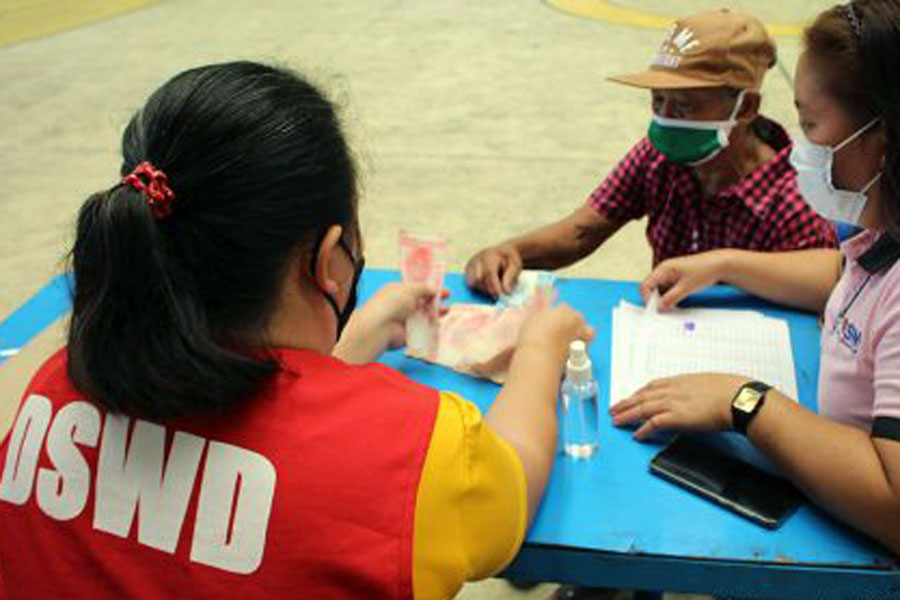Subsidies for most vulnerable need to continue despite easing inflation — NEDA

THE GOVERNMENT should continue with targeted subsidies to protect the most vulnerable even with inflation poised to slow down, National Economic and Development Authority (NEDA) Secretary Arsenio M. Balisacan said.
“Our food stamp programs, we have to strengthen. Our targeted subsidy programs, we also have to strengthen so that we can achieve more with less. That’s the objective. Achieve more with less,” Mr. Balisacan told reporters on the sidelines of an event last week.
“I think that given the leakages and the problems in earlier government programs, well, you see a lot of those benefits going to those who don’t really need them,” he added.
The government is hoping to bring down the poverty rate to single-digit levels by 2028.
The Department of Social Welfare and Development (DSWD) has said it is studying ways to expand the reach of its cash transfer programs.
Some P112.8 billion of the DSWD’s proposed P209.9-billion budget for next year is allocated for the Pantawid Pamilyang Pilipino Program (4Ps), a cash transfer scheme for the poorest families.
“I think that if we can change the system so that those who really need assistance will get the assistance. I think so even with limited resources, we can achieve more. That’s what we’re trying to do,” Mr. Balisacan said.
Meanwhile, Mr. Balisacan said inflation is expected to continue on a downtrend this year. “By early next year, we should go back to the 2-4%,” he added.
Inflation averaged 6.4% in the first 10 months, still above the Bangko Sentral ng Pilipinas’ full year forecast of 6%.
This is also still well above the central bank’s 2-4% target range.
“I think that as recent times suggest, there’s quite a bit of volatility out there. The world markets are still projected to be not quite as favorable as we wanted,” he said.
“(We) have to find ways of addressing these issues. If there is a rise in food prices, then the best we can do is to ensure that the most vulnerable are protected and we have to use the limited resources in ways that reach those people,” he added. — Luisa Maria Jacinta C. Jocson



